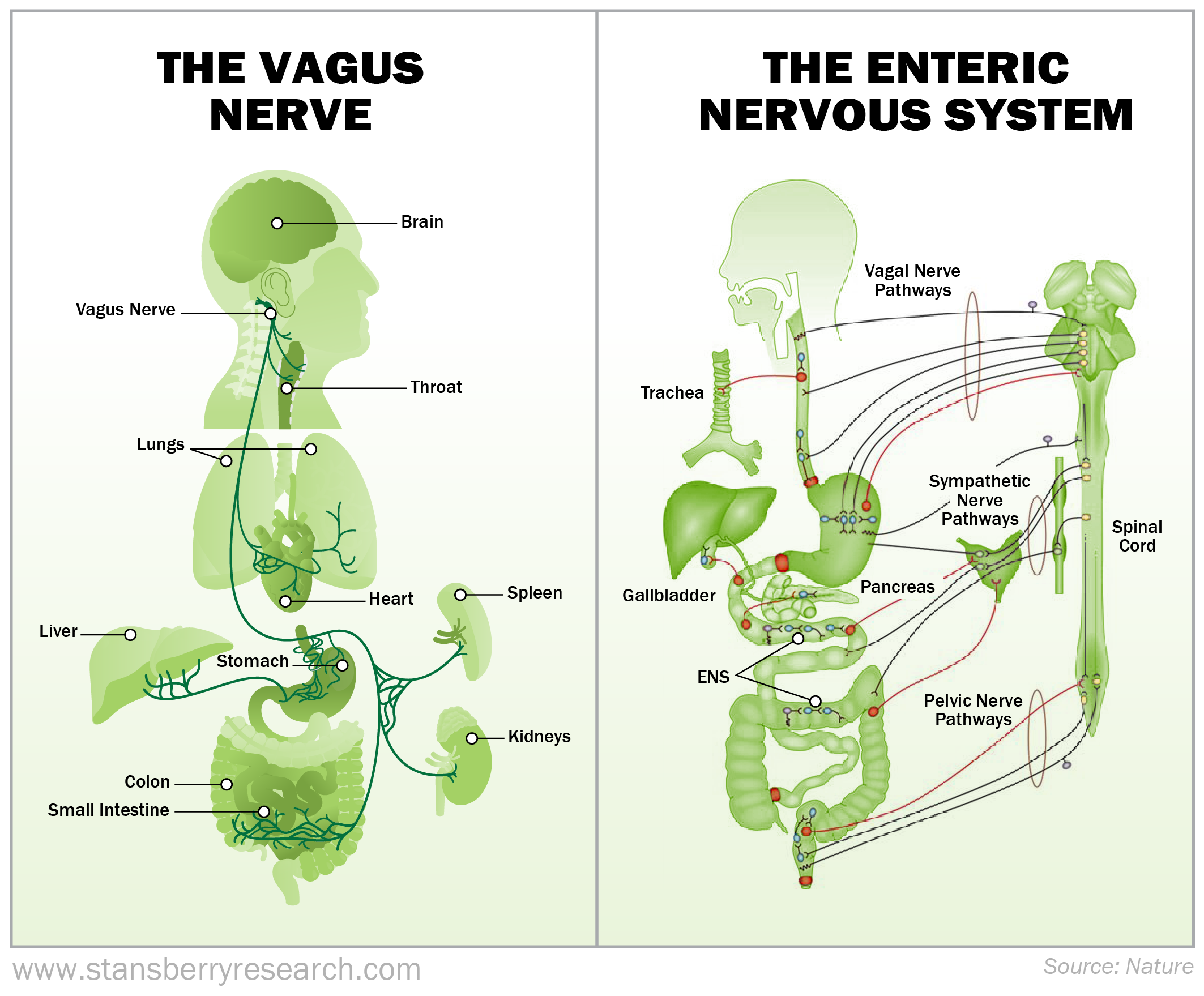For decades, it was something that only monks and hippies did. But today, it's a nearly $2 billion industry...
I first learned about meditation during my freshman year at Carleton College in Minnesota. My roommate from Michigan practiced something called Transcendental Meditation ("TM"). He swore by it.
So one day, I took a bus up to the Twin Cities for a weekend TM class. I came away with the basics, a mantra (a phrase to say to myself to help focus), and an appreciation for how meditation affects my physiology.
For instance, meditation isn't just great for focus and concentration. It also improves your health in other ways, such as...
- Increasing your longevity
- Reducing the number of visits to your doctor
- Reducing the likelihood of a hospital admission
- Reducing insomnia
- Reducing inflammation
- Boosting your immune system
- Lowering blood pressure
Since that weekend away, I have discovered and tried variations of TM through reading about meditation, relaxation, and awareness. (For example, the works of writer Jon Kabat-Zinn, famous for popularizing the phrase "mindfulness meditation.")
Decades later, I still practice meditation on a weekly basis. If you learn to meditate and practice it regularly, you'll be amazed at how good you feel.
Practicing mindfulness meditation creates a healthier environment in your body.
But what is "mindfulness," really?
It may sound a bit hippie-dippie, but mindfulness is a thinking practice that trains your brain to do a few things, like...
- Keep you in the present moment
- Deepen your awareness of your feelings and surroundings
- Calm and relax your various systems (i.e., nervous, digestive, circulatory, etc.)
Mindfulness is often incorporated into other activities, like eating and stress reduction.
And as it turns out, when you meditate, you improve the bacterial environment in your gut, known as your gut microbiota...
Your gut microbiota is vital to your health. One of its main roles is supplying nutrients to our bodies through our digestive system. It also strengthens both your immune system and the mucous barrier that lines your digestive tract.
And doing mindfulness meditation stimulates both your brain and your gut by way of the vagus nerve, which links the two together.
The vagus stretches the length of your torso, touching all your major organs along the way...
It sends messages to and from your brain and your enteric nervous system, or "ENS." Your ENS contains around 600 million neurons, and it is embedded in the walls of your gastrointestinal tract.

The connection between the brain and digestive system is called the gut-brain axis.
And this connection is so important that your gut is nicknamed the body's "second brain."
That's because your gut is communicating with your brain constantly... sending information gathered by those 600 million or so neurons in your gastrointestinal walls and receiving signals from the brain.
Also, the ENS uses the same cells and chemicals as the brain to function (digest and think, respectively) and communicate.
Now, the vagus nerve is pretty sensitive... Sometimes it only takes some humming or yoga to activate it.
So doing mindful meditation sends tons of signals that activate your vagus nerve. Over time, this has a profound effect on your health.
Last year, a study found that a group of Tibetan monks – who spend years practicing mindful meditation – had more abundance and diversity in the bacteria living in their guts than did the villagers living nearby.
The two specific beneficial strains of gut bacteria that were found in the monks – megamonas and faecalibacterium – are known to play a role in the management of anxiety, depression, heart disease, and immune function.
The researchers also noted that the monks had lower cholesterol than their study counterparts in the "control" group.
So, why is this the case?
Well, it has to do with your nervous systems – the sympathetic ("fight or flight") and the parasympathetic ("rest and digest").
See, when you're in your sympathetic nervous system's fight-or-flight mode all the time, your digestive system takes a backseat and doesn't really do much. But once your parasympathetic system takes the wheel again, you can relax and spend energy doing things like digesting and using the bathroom.
A 2017 study found the key to this relationship... The research team – which included the famous author and physician Deepak Chopra – found that meditation regulates the fight-or-flight hormonal response to stress, thereby reducing the production and release of two hormones – corticotropin and catecholamine – which are known disruptors to the gut microbiome.
Do what I do... I like to meditate a little bit every day before getting out of bed in the morning...
This keeps me from forgetting to do it later in the business of my day. Just a few short minutes in the morning and I'm all set up for a great day.
Here's a 10-minute video for a morning mindfulness-meditation session that you can try in bed tomorrow morning. If you like it, try doing it all week... And then let us know how you do and what you think ([email protected]).
What We're Reading...
- The Independent covers the mindfulness study.
- Something different: Oregon is now home to the largest dark-sky sanctuary in the world.
Here's to our health, wealth, and a great retirement,
Dr. David Eifrig and the Health & Wealth Bulletin Research Team
April 2, 2024
